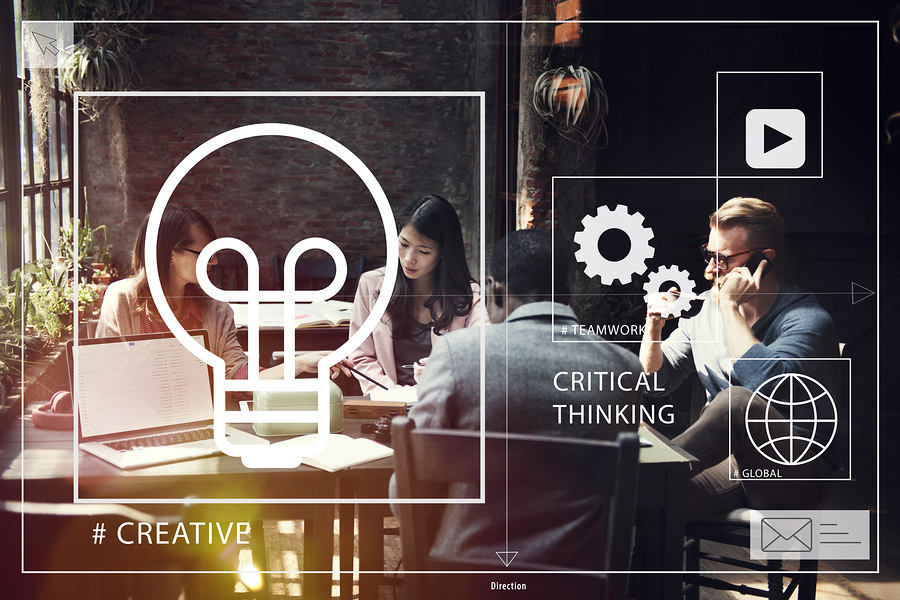If any of you are worried about all this fake news nonsense, stop. Don’t worry about it and don’t believe a word of it.
The only way this should get our attention would be if we redefined fake news as the process of intentionally producing false stories for rhetorical reasons. And quite frankly, if we did, most of the advertising industry would be guilty. (You don’t NEED that new iPhone.) When you think about it, every product placement, talk show interview, and Victoria Secret add is guilty. In fact, the media has always done an amazing job of stringing little white lies together to impact your perception of reality.
Now, that’s not to say there aren’t absolutely false stories: hoaxes, misdirection, even intentional lies. However, this rubbish “news” isn’t worthy of the attention it’s gotten since the 2016 Presidential election. Actually, this entire charade is what Alfred Hitchcock called a “MacGuffin.”
Check out the video below:
While we should teach our children to research what they read and not blindly trust what’s on the internet, while discernment is a gift that needs to be cultivated, what’s actually going on here is a slippery slope toward censorship. And once people believe that some news is “real” (as long as the powers that be say it is) while other news is “fake” (and therefore, bad) they’ll voluntarily submit to that censorship.
That’s right, freedom of the press could easily be replaced by sanctioned propaganda. From our government. With the help of the mainstream media and people like Zuckerberg.
From the article:
“See, the real problem is not falsehoods or inaccuracies, but rather that everything about the popular landscape of digital media currently encourages us to see the world the way we want it to be. Combine that with an education system which pays little more than lip service to critical thinking—a system that’s barely cognizant of the fact that a skills-based approach to training inherently promotes specialization and, therefore, narrow-mindedness—and you end up with a population that’s been encouraged to live with poor vision. You know the platitude: when all you have is a hammer, everything looks like a nail.”
Yes, critical thinking can be painful but it needs to become part of the landscape of our daily lives in the 21st century.
More from the article:
“Democracy’s biggest threat is not tyrants, but rather citizens who are satisfied with their own limited view of reality. That’s why, when Plato wrote Republic, he put education at the center of the politeia—πολιτεία (citizenship, government). He recognized the need for critical thinking. Plato called it Philosophy—Philei Sophia— which literally means “love of wisdom.” He knew that for a society to function, it needs to cultivate the children into adults who are passionately in love with the quest for truth, the quest to discover that each current reality is nothing more than a fallacy, a shadow, a reflection, a pale imitation of the real deal.”
Source: Forbes











